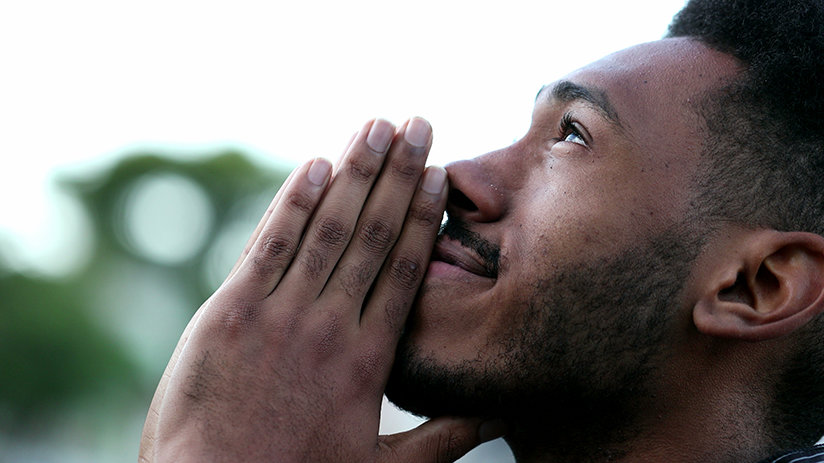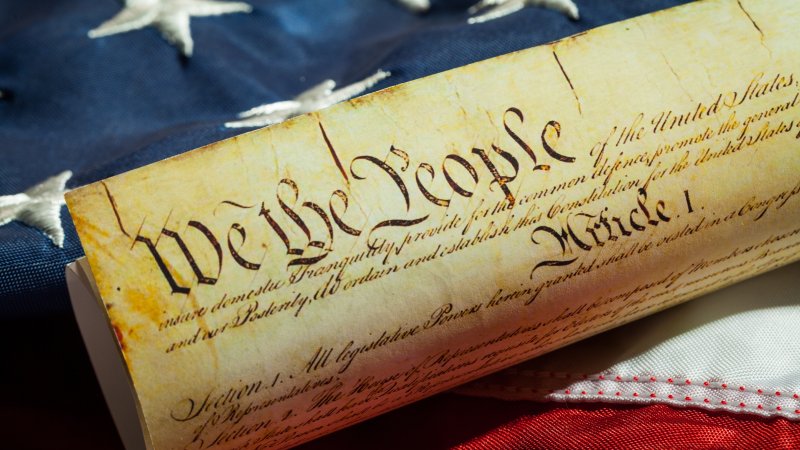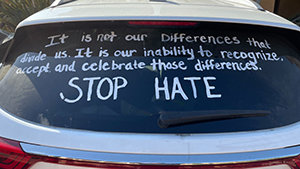
-
HOME
-
WHAT IS STANDOur Mission Our Values Our Help Contact
-
WHAT WE FIGHT FORReligious Freedom Religious Literacy Equality & Human Rights Inclusion & Respect Free Speech Responsible Journalism Corporate Accountability
-
RESOURCESExpert Studies Landmark Decisions White Papers FAQs David Miscavige Religious Freedom Resource Center Freedom of Religion & Human Rights Topic Index Priest-Penitent Privilege Islamophobia
-
HATE MONITORBiased Media Propagandists Hatemongers False Experts Hate Monitor Blog
-
NEWSROOMNews Media Watch Videos Blog
-
TAKE ACTIONCombat Hate & Discrimination Champion Freedom of Religion Demand Accountability
Religions Must Unite to Combat Hate, Interfaith Conference Concludes
A group of religious leaders and scholars recently gathered in cyberspace for an exploration of the role of interfaith unity and the importance of working together to overcome discrimination, intolerance and hate. The occasion was National Religious Freedom Day. The panel, sponsored by the International Multi-Faith Coalition (IMFC), featured speakers and participating attendees representing a kaleidoscope of faiths.
“Working Together For Religious Freedom Here and Now” featured moderator Soraya Deen, community organizer and award-winning international peace activist. Ms. Deen opened the proceedings by acknowledging the strides that religious freedom has made in America, adding that there is still “rampant hatred and bigotry” here and that “we must embody religious freedom. We must take responsibility for it.”
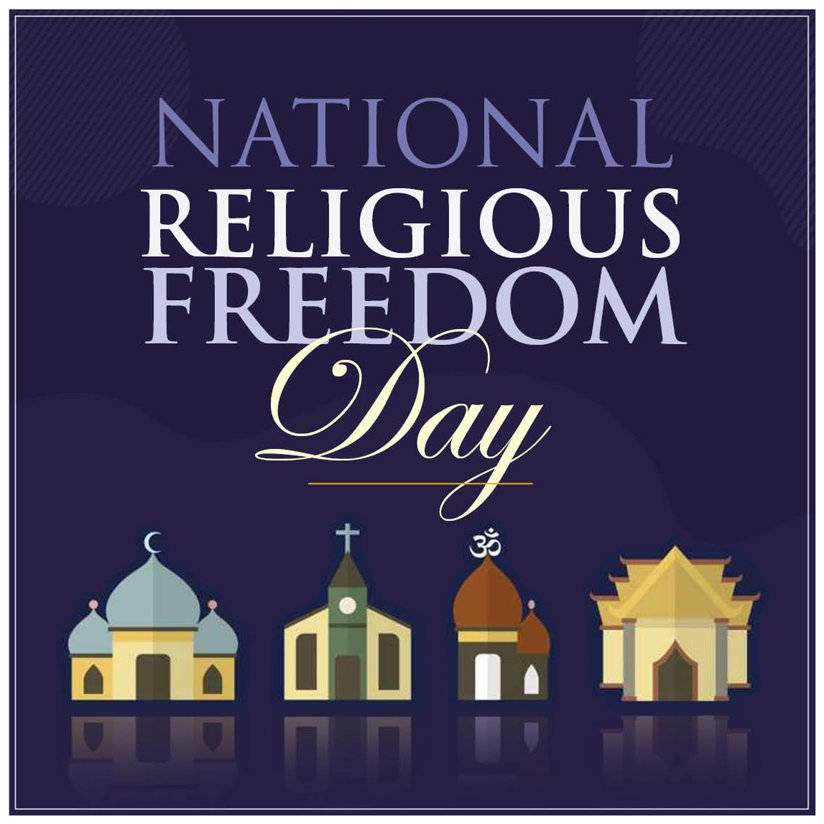
Panelist Dr. John Farina, Associate Professor of Religious Studies at George Mason University and former editor-in-chief of the award-winning Paulist Press Classics of Western Spirituality series, covered the background and origins of what is the relatively modern right of religious freedom. From John Locke’s assertion that religion requires freedom—as “true” religion is only possible by someone who is free to choose—through Jefferson’s Declaration of Independence to Madison’s First Amendment, religious freedom has been hard-won in this country and secured by many robust court decisions, with quite a number in our own time.
Dr. Farina made the point, however, that the definition of freedom of religion is in danger of being equated to “freedom of thought or conscience” and thus reduced to “well, that’s just your opinion,” when in fact freedom of religion includes the freedom of a religion’s institutions, doctrines, self-governance and individual members.
We must embody religious freedom. We must take responsibility for it.
Panelist Bishop L. J. Guillory, Unitarian Minister and CEO of the nonprofit watchdog organization Ombudsman International, began his remarks by reading an open letter from IMFC’s founder, Reverend Doctor Cecil L. “Chip” Murray, concerning a Superior Court’s interpretation of Scientology religious doctrine in violation of the First Amendment’s separation of church and state. This violation, Murray wrote, “opens the door to a society where the sanctity and sanctuary of our places of worship, and the right of religious communities as a whole, are severely threatened. History has repeatedly shown that when a state meddles in the inviolable rights of any religion, it undermines the rights of all religions and religious freedom for all.” Reverend Doctor Murray’s letter was signed by religious leaders representing many faiths.
Bishop Guillory, elaborating on the point, stated that his faith, Unitarianism, holds that it’s a God-gifted ability to choose one’s faith, no matter what it is: “If there is one God and he allowed man the right to choose for himself when He gave him free will and our forefathers felt religious freedom was important, then we should all stand together and say ‘Don’t encroach upon our rights.’”
Emphasizing the importance of helping one another, Bishop Guillory cited the friendly discussions between Desmond Tutu and the Dalai Lama, both separated on matters of theology but finding common ground regarding the struggles each faced in fighting government suppression. “All things can work if we work together,” Bishop Guillory said.
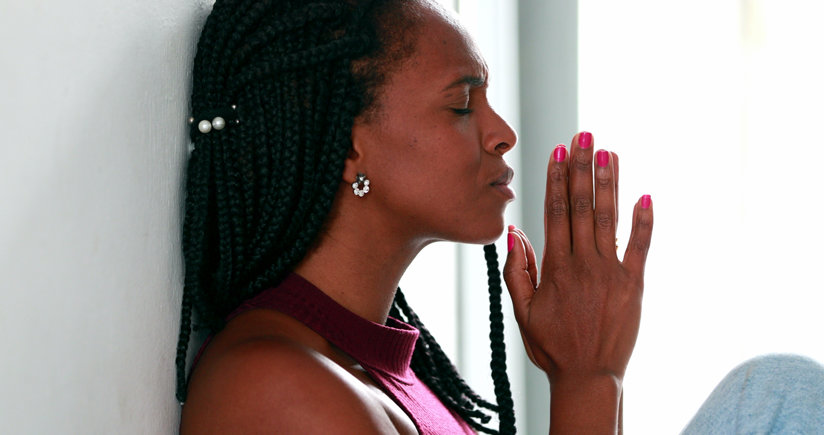
Panelist Dr. Arik Greenberg, Assistant Professor of Interreligious Dialogue, Loyola Marymount University, and founder and president of the Institute for Religious Tolerance, Peace, and Justice, acknowledged the alarming rise in antisemitism in the United States, a point he illustrated with an example of hate speech experienced by himself and his wife. But, he emphasized, that doesn’t exclude what’s happening around the world. “The bullied, the tortured, the oppressed—it is up to us to stand up for them.” Dr. Greenberg said, “Muslims are not violent. Asians are not responsible for COVID. Even among our own community, we speak disparagingly.”
Dr. Greenberg cited examples of disparaging language among supposedly “tolerant” people of faith. Liberal Christians speaking condescendingly about Muslims, for one. “We have a ways to go in acknowledging new religions,” he said. “There’s been intolerance. Every religion has something embarrassing in its past or due to the actions of a few. If I find people of faith willing to work for interfaith, I’ll work with them even if I disagree with their cosmology or theology. Only thus can we come to the aid of a world bent on its own destruction.”
“All things can work if we work together.”
Dr. Greenberg chided this close-mindedness that can exist between religions as “unknowingly and unwittingly contributing to hate and prejudice and intolerance.”
He ended with a quote from Dr. King: “I have decided to stick to love. Hate is too great a burden to bear.”
Ms. Deen then invited comments from the attendees.
Interfaith speaker and peace activist Aziz Nathoo emphasized reaching out even to “the darkest voices in your group. Nobody should be left on the side.”
Reverend William Devlin spoke from Iraq where he has been helping the oppressed Yezidi community. He urged all attendees to read Dr. King’s “Letter From a Birmingham Jail” and share it on social media. “Unconditional love,” Reverend Devlin said. “Love your neighbor. Doesn’t matter who your neighbor is.”
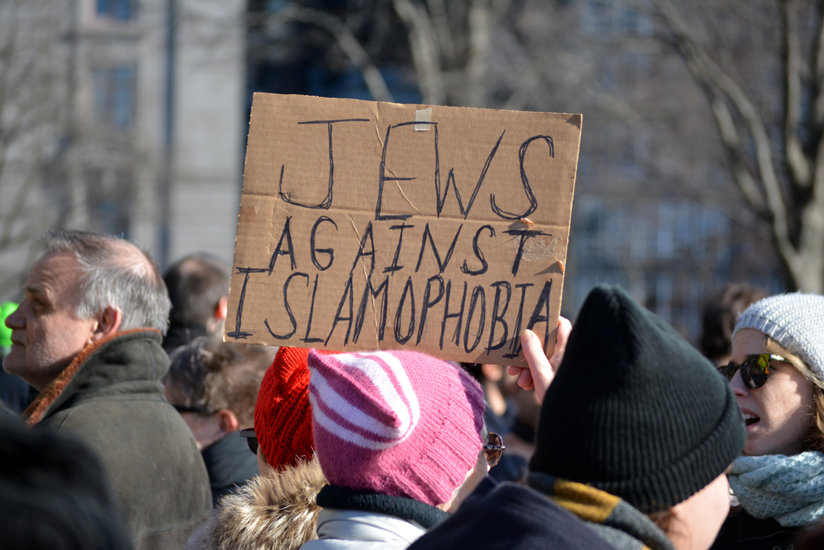
Author and teacher Rabbi Michael Shevack counseled: “We need to go beyond kumbaya... Even if you have a religion that has no Creator, you have to acknowledge that you don’t know everything. That is why we can’t argue. We need humility when we talk to people.”
Writer and interfaith peace activist Sahar Alsahlani gave an anecdote of an encounter with a man participating in the Unite the Right Rally in Charlottesville which ended with the two sharing a friendly meal together—an anecdote she used to illustrate her point that at the bottom of so much bitter conflict is simply pain: lack of a job, lack of money, family problems, all of which are fruitful subjects for real dialogue.
Ms. Deen ended the panel with a call to action, citing the words of Elder David Bednar of the Church of Jesus Christ of Latter-day Saints: “Religious freedom is more than a right; it is a duty.”
Gathering a tapestry of representatives of different faiths with differing theologies and differing cosmic views who yet agree—not only on one another’s right to the free and full exercise of their faith, but that we must help one another in the fight to maintain that right—is an acknowledgment that we are all in this together.
As Dr. King wrote in his “Letter From a Birmingham Jail”: “We are caught in an inescapable network of mutuality, tied in a single garment of destiny. Whatever affects one directly, affects all indirectly.”






